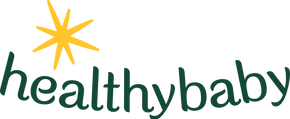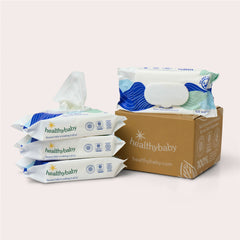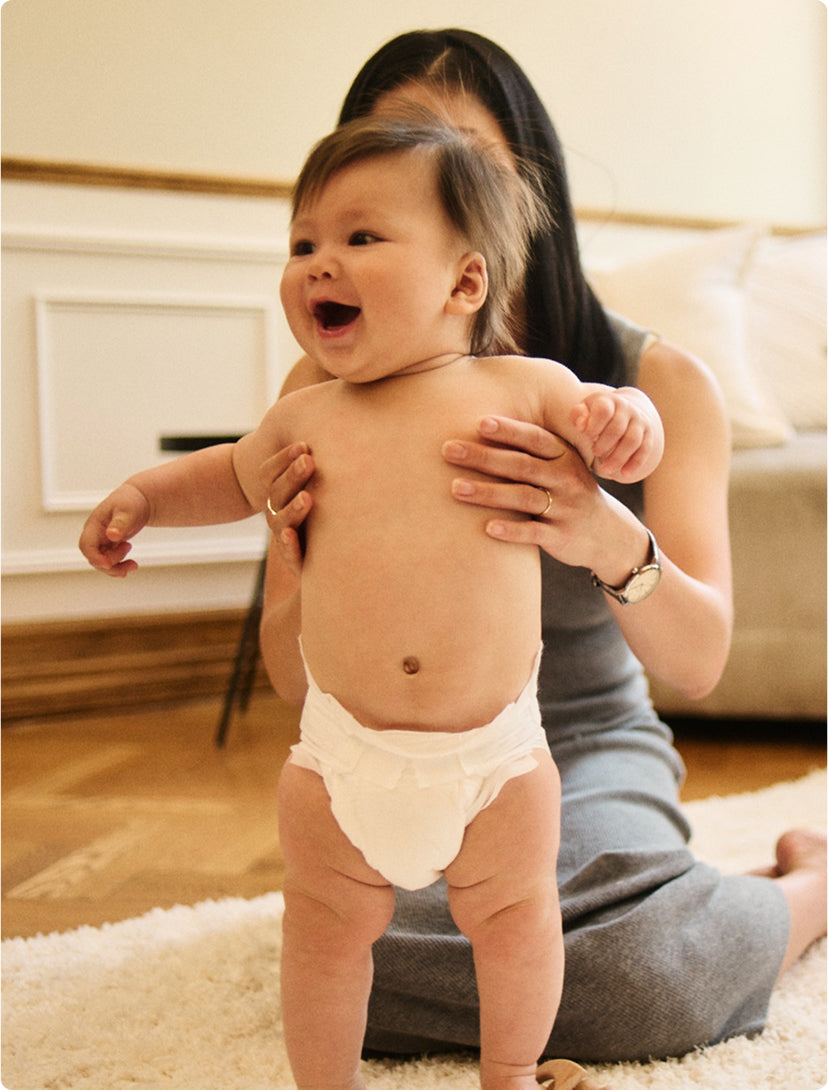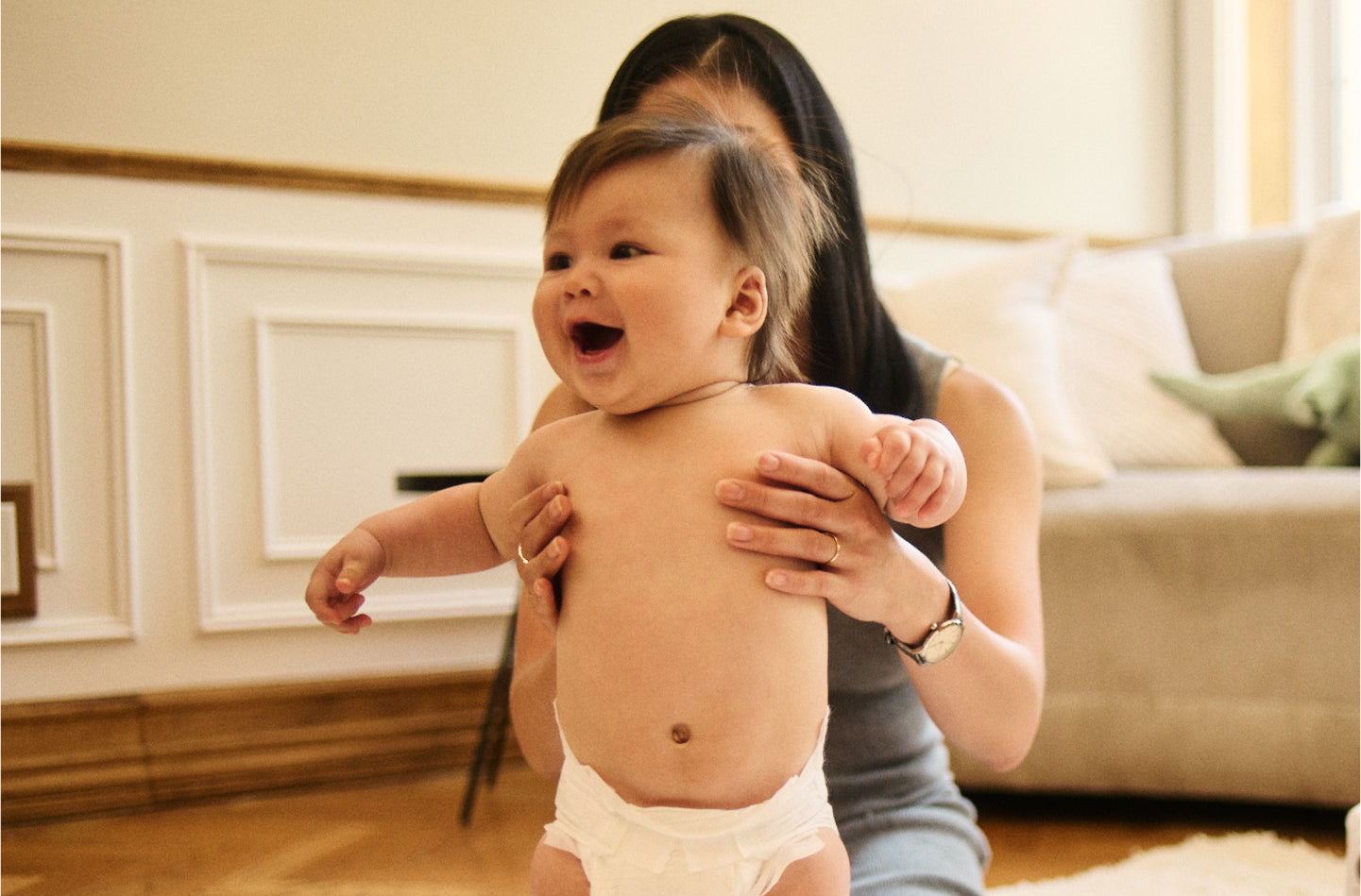Development isn’t a race. It’s a flow.
Every child—and parent—is figuring it out at their own pace.
Instead of milestones, we encourage you to focus on this amazing moment.
Your child’s brain makes more than one million neural connections per second in these first three years. Simple, consistent interactions with them today can have profound, lifelong benefits.
Here’s how little one’s brain is developing this month, and how you can support their progress.
Developmental Highlight
While this guide explores first words in month 12 and first steps in month 13, little ones master these skills in their own order. Some talk first; others walk first. The important thing to remember is that little one will master one skill and then focus on the next one.
Now that you have a toddler, it’s a good time to reassess the babyproofing you have at home. This is something you can explain to little one as you do it. Get on their level to check for hazards they can reach or pull. Little one needs freedom to explore, but your supervision and boundary-setting keep them safe.
Take this opportunity to notice how little one’s approach to walking reflects their unique temperament and attachment style. Are you raising a risk-taking daredevil or a cautious inspector? Whichever the case, little one’s evolving to explore the world on their own terms.
Brain-Building Activity
Push/Pull
Routine: Playtime
As little one masters the gross motor skill of walking, fine motor skills emerge. Increased motor coordination, plus dexterity, handedness, hand/eye coordination, and arm/leg coordination represents a maturing of their individuation process. Little one’s developing a sense of self that’s separate from their relationship with you.
-
Choose a push/pull object, like a wagon or toy cart.
-
Encourage little one to place items in the wagon or cart. This may seem like a small task, but it’s supporting gross motor development, as little one squats down and stands back up, and fine motor skills as they retrieve items, plus balance and coordination.
-
Add songs and playful narration to make it fun.
-
Navigate the wagon or cart around obstacles and through imaginary scenarios. This extra dose of imaginative play develops spatial reasoning.
You’ve Got This
While there’s a lot of advice about parenting and child development, including this guide, you’re the expert on your little one. Think about their temperament—how they react to situations—to determine the level of support they need from you.
To take greater and greater risks, little one has to feel safe in their routine. Some children need lots of routines to feel brave enough to venture out into the new. Others need just a quick touchbase, and they’re off!
With you by their side, little one is destined for great things at their own pace.

